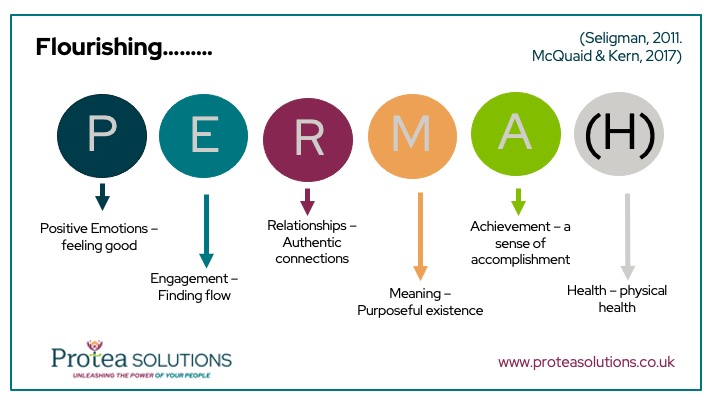Loneliness and mental health
4 May 2022
Being alone and loneliness are very different things. In this blog we will talk about the impact of loneliness and how it can be overcome.
The theme for Mental Health Awareness Week 2022 #MHAW22 is loneliness
Loneliness is that feeling of being disconnected, isolated, and not belonging or being part of the world. It is very different from the peace and solitude that can be a positive experience of being alone. You can experience loneliness in crowded places.
The pandemic, particularly the periods of lockdown have resulted in many people experiencing loneliness when the connections with others that were important to them were cut off.
Anyone can experience loneliness
Anyone can experience loneliness and it is felt in different ways. It may be triggered by a life event such as bereavement, or life circumstances including caring responsibilities, or feelings of a lack of support when needed. The Government Community Life Survey 2021 found:
- 9% or 4 million people had scores indicating loneliness
- 25% of people reported feeling alone some or all the time
- Women are more likely than men to experience loneliness
- Young adults (16-24 years) are more likely to be lonely than any other age group
- Long term health problems or disability increased the likelihood of loneliness
The impact of loneliness
Loneliness can have behavioural, psychological, and physical symptoms. When people feel lonely, they are likely to disengage from things and people. People may withdraw in social situations, turn cameras off in online meetings, or there may be reduced performance at work. There may be a loss of confidence and reduced self-esteem. Often accompanied by a belief that everyone else is coping well and surrounded by people. There is a lower level of stress tolerance.
These are factors that contribute to depression and anxiety. Loneliness can be both a trigger and symptom. Loneliness is also linked to poor sleep quality and increased incidence of physical symptoms including high blood pressure.
The vicious cycle of loneliness
A feeling of being disconnect can mean people withdraw further from others.
This may result in anxiety and depression. Symptoms and behaviours of these illnesses include feeling unable to go out and connect with others, either due to the anxiety, or low mood. This leads to further disconnection and increased feelings of loneliness.
The importance of meaningful connections
Every wellbeing model includes the element of meaningful connections with others articulated in some way.
The Five Ways to Wellbeing model (New Economics Foundation, 2008) includes connection as one of the five ways. The PERMA model (Seligmann, 2008) includes authentic relationships as a pillar.
- We are not designed to be alone
- We need to have meaningful connections with others in our lives. These are the people who enrich our lives and add value.
- It is the sense of belonging, whether at home, work, a social group, or wider community


It is not about the anonymity of the online world, evidenced by young people experiencing the highest levels of loneliness. Arguably, that sense of missing out increases feelings of isolation and loneliness. It is not about being an introvert or extravert. An extravert may enjoy being supported by lots of people a lot of the time, yet an introvert still needs those meaningful connections in the same way.
Having connections with others is energising and builds positive emotions. Positive emotions increase our resources to do things that in turn create feelings of further positivity.
Overcoming loneliness
In #MHAW22 what actions can we take to overcome loneliness, whether our own experience or others? We need to build meaningful connections in our world. Whilst the answer is simple, the doing is not always so easy.
Looking after ourselves
If you are experiencing loneliness some ideas are shared below. When considering them be kind to yourself, set small targets as the symptoms of loneliness can make taking the action to connect with others daunting.
- Contact someone you haven’t seen for a while. Have a chat, arrange to meet up.
- At work take, and make, opportunities to meet or talk with people. A significant factor in the hybrid working discussion is the impact on mental health with disconnection from colleagues a factor.
- Find ways to become involved in your community, maybe volunteer for a local charity.
- Pursue an interest or take up an activity that connects you with others.
- Get outside and acknowledge people you meet, say hello.
Supporting others
We may not always be able to spot loneliness. People may seem fine when we speak to them, but this can mask what is really happening. As an action in #MHAW22 reach out to others:
- Get in contact with someone you haven’t seen or spoken to for a while.
- Call in to see a neighbour who lives or their own, or is restricted in how much they can go out.
- At work make time for meaningful conversations to find out how people are really feeling.
Loneliness has a significant impact on all elements of wellbeing. We can’t solve loneliness for others, but we can reach out and offer a connection that will help them work towards overcoming it.
Who will you connect with?
Contact us for details
To learn more about how to support mental health for yourself or within your organisation, including Mental Health First Aid and our signature programme Unleashing You, please call us on 01202 612 326 or get in touch.
Unleash the power today
We understand that every organisation is unique. That's why we start by simply talking and learning about you and your business. Talk with us below now.


Its quick, easy, free.
Click here to email us.
© Protea Solutions
Terms and Conditions
Privacy Policy



0 Comments